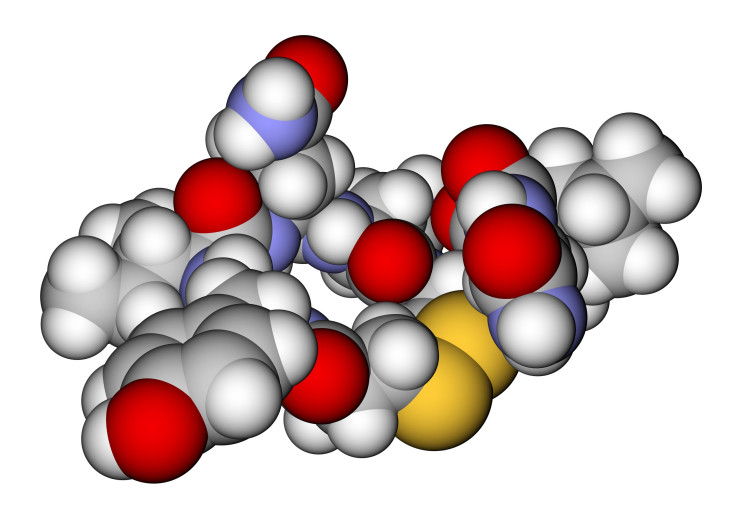Low Levels Of 'Love Hormone,’ Oxytocin, In Kids Linked To Substance Abuse Later On

Who can forget the adorable prairie voles whose male vasopressin levels beget such wonderfully enduring pair bonds of holy monogamy? Since Helen Fisher's work last decade, the so-called "science of love" has truly alarmed gestaltists by reducing man to machine — one whose basic instincts may be adjusted like an oil change or wheel balancing. Now, scientists say levels of another “love hormone” — oxytocin — in early childhood might influence later health as an adult.
In a study from the University of Adelaide in Australia, children with lower levels of the hormone were later more likely to develop problems with alcohol and drug abuse, among other addictive behaviors. Past research has established quite a variance in oxytocin among people, though scientists do not yet understand how the hormone affects health, says Dr. Femke Buisman-Pijlman, who led the research. "We're interested in how and why people have such differences in oxytocin, and what we can do about it to have a beneficial impact on people's health and well-being," she said this week in a statement.

Essential to the developing mother-child bond, we are all born with varying levels of oxytocin. Yet, our oxytocin systems are not yet fully developed until the age of 3, “which means our systems are potentially subject to a range of influences, both external and internal,” Buisman-Pijlman said.
External influences over the oxytocin system of a developing child may include stress, trauma, severe infection, or early exposure to drugs. And although these influences may not affect hormone levels, oxytocin itself becomes “less responsive,” she said.
"A well-developed oxytocin system is in a position to directly and indirectly increase resilience, for example by reducing drug reward, increasing social reward, reducing anxiety, reducing stress response and immune stimulation.”
By better understanding oxytocin, researchers such as Buisman-Pijlman hope to develop new insights into possible therapies for various addictions. A national survey on drug use from the Substance Abuse and Mental Health Services Administration shows that 8.7 percent of Americans ages 12 and older were treated for addiction in 2010. Moreover, 13 percent of U.S. teenagers also tell researchers they’ve made illicit use of a prescription stimulant such as Ritalin or Adderall, according to The Partnership At DrugFree.Org.
Source. Fuisman-Pijlman, Femke, Sarnyai, Zoltan. “The role of oxytocin in positive affect and drug-related reward.” Pharmacology, Biochemistry and Behavior. 2014.
Published by Medicaldaily.com



























